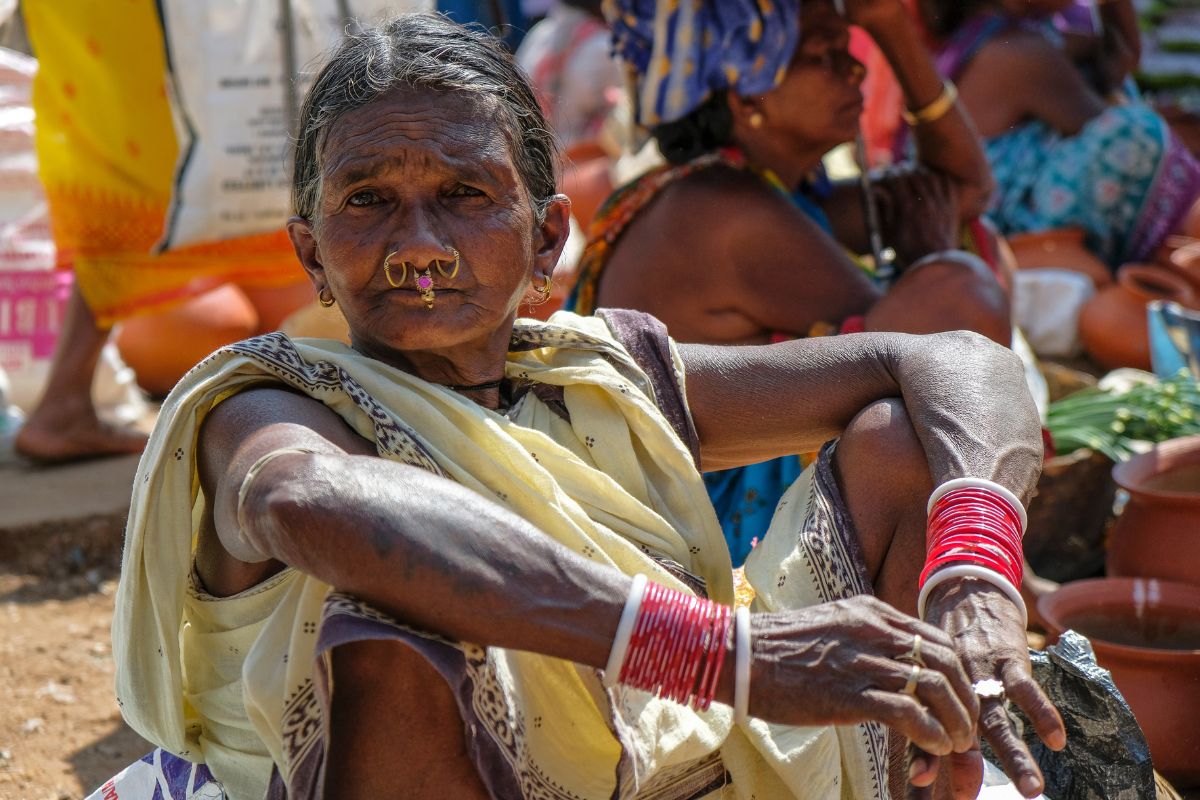“If you enrage nature, it will repay you with sufferings and hardships,” said one elderly Mro woman. Other elders nodded quietly, but their nonverbal affirmation spoke a thousand words. SungAw, a word in Mro language, defines both nature and environment, as Mro people do not distinguish between the two. In their own way, Mro women explained that all natural elements are intrinsically and harmoniously linked to each other, and harming one element will eventually have an impact on other elements, initiating a string of causal effects that are deemed to create an imbalance in the natural world. Humans, like any other living beings, cannot escape the consequences. Driven by such experiential knowledge passed down from generation to generation, these communities have been religiously practising sustainable natural resource management, long before the scientific community came up with the term.
It is now widely acknowledged around the world that Indigenous traditional knowledge is contemporary and dynamic, and is of equal value to any other form of knowledge. However, in Bangladesh, the depth of Indigenous women’s understanding of the natural world and the inherent value of traditional knowledge and traditional practices are yet to be fully learnt, understood and duly recognised by the scientific community, development practitioners and policymakers alike. “Surviving with nature,” ~ as opposed to surviving by “fighting against nature” ~ essentially defines this community’s way of life. But the question now is, for how long? Through a series of intergenerational dialogues between women and men at three villages of Mro communities, the richness of Indigenous traditional knowledge and the indispensable role that Indigenous women play in the preservation and transmission of traditional knowledge came to light.
Advertisement
So did the tough challenges that women in these communities are facing while carrying out this role in a socioeconomic and political landscape that has changed drastically over the past two decades. The latter needs more attention, as the environmental violence that these communities have long been enduring exacerbates disproportionately the hardships and sufferings of Indigenous women. Environmental violence is perpetrated by politically influential non-resident entities and goons through the overexploitation of forest produces and illegal extraction of stones from stream basins in the adjacent forests, causing severe environmental degradation in their localities. “They have chopped off all the large trees in the forests.
The streams have dried up. Let alone getting fish and crabs from those streams, we cannot even get sufficient drinking water… We have to walk half a day worth of distance just to get water during the dry season.” While both women and men are custodians of traditional knowledge, Indigenous men and women bear specific knowledge on the different aspects of daily activities and various communal affairs due to the gendered dimension of roles and responsibilities within these communities.











